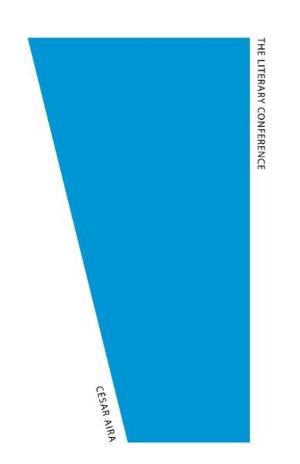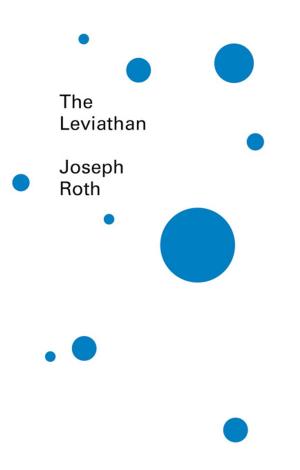| Author: | Raymond Queneau | ISBN: | 9780811220866 |
| Publisher: | New Directions | Publication: | January 17, 1973 |
| Imprint: | New Directions | Language: | English |
| Author: | Raymond Queneau |
| ISBN: | 9780811220866 |
| Publisher: | New Directions |
| Publication: | January 17, 1973 |
| Imprint: | New Directions |
| Language: | English |
The Flight of Icarus (Le Vol d'lcare) is his only novel written in the form of a play: seventy-four short scenes, complete with stage directions.
Called by some the French Borges, by others the creator of le nouveau roman a generation ahead of its time, Raymond Queneau's work in fiction continues to defy strict categorization. The Flight of Icarus (Le Vol d'lcare) is his only novel written in the form of a play: seventy-four short scenes, complete with stage directions. Consciously parodying Pirandello and Robbe-Grillet, it begins with a novelist's discovery that his principal character, Icarus by name, has vanished. This, in turn, sets off a rash of other such disappearances. Before long, a number of desperate authors are found in search of their fugitive characters, who wander through the Paris of the 1890s, occasionally meeting one another, and even straying into new novels. Icarus himself––perhaps following the destiny his name suggests––develops a passion for horseless carriages, kites, and machines that fly. And throughout the almost vaudevillian turns of the plot, we are aware, as always, of Queneau's evident delight at holding the thin line between farce and philosophy.
The Flight of Icarus (Le Vol d'lcare) is his only novel written in the form of a play: seventy-four short scenes, complete with stage directions.
Called by some the French Borges, by others the creator of le nouveau roman a generation ahead of its time, Raymond Queneau's work in fiction continues to defy strict categorization. The Flight of Icarus (Le Vol d'lcare) is his only novel written in the form of a play: seventy-four short scenes, complete with stage directions. Consciously parodying Pirandello and Robbe-Grillet, it begins with a novelist's discovery that his principal character, Icarus by name, has vanished. This, in turn, sets off a rash of other such disappearances. Before long, a number of desperate authors are found in search of their fugitive characters, who wander through the Paris of the 1890s, occasionally meeting one another, and even straying into new novels. Icarus himself––perhaps following the destiny his name suggests––develops a passion for horseless carriages, kites, and machines that fly. And throughout the almost vaudevillian turns of the plot, we are aware, as always, of Queneau's evident delight at holding the thin line between farce and philosophy.















